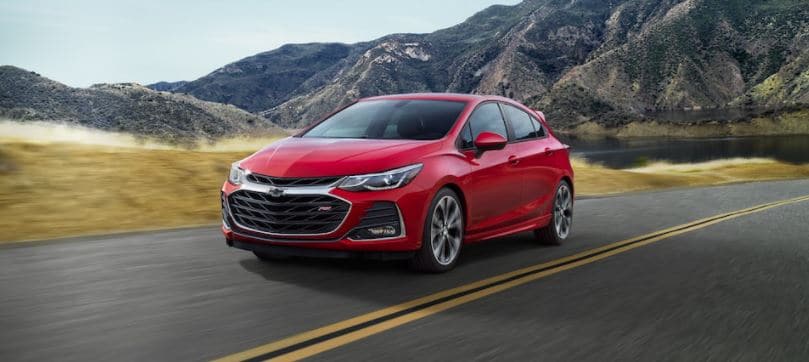Car recalls are an essential element of car safety. Car accidents are the leading cause of death for children under five, according to the National Highway Traffic Safety Administration. Car recalls are becoming all the rage in the United States. Car companies are required to report significant safety hazards to the government, and car manufacturers are legally required to recall hazardous cars that could lead to death or injury.
Contents
Ford Recall

The 2016 recall of 2.7 million Ford Fusions has had its share of backlash over the past year. Still, the carmaker is now planning a complete redesign of the electronic control systems that allowed the cars to stall and potentially cause crashes. As stated in the National Highway Transportation Safety Administration (NHTSA), Ford will replace the VSC (Vehicle Stability Control) system with the new adaptive cruise control, which will allow the car to slow down for a slower moving car ahead automatically. It will also replace the traction control system with the new “Electronic Torque Vectoring” system, which will help drivers avoid spinouts by applying more torque to the wheels providing the most traction.
BMW Recall

On July 13, the National Highway Traffic Safety Administration (NHTSA) announced a recall of about 8,000 BMW 3 Series vehicles equipped with a chassis control module (CCM) that may not have been adequately sealed. The problem may allow moisture to seep into the CCM, leading to losing control of the steering wheel and potentially losing vehicle control and crash. NHTSA said it was aware of nine crashes and nine injuries associated with the problem. The vehicles are primarily built in Germany and sold in North America.
Chevrolet Recall

In a recent round of General Motors’ “safety” recalls, the Chevrolet trucks and Chevrolet Cruze cars recalled faulty ignition switches that caused the vehicles to stall while in motion, potentially causing a crash. In the United States, for various safety issues, including faulty ignition switches, brake problems, and faulty airbags, GM has recalled 1.6 million vehicles due to this issue.
General Motors issued a recall for nearly 1.9 million vehicles due to an ignition switch problem. This recall covers specific Chevy and GMC full-size trucks from model years 2006-2011 with front-end crash protection, power-assisted steering (PAS), or airbags.
Lamborghini Recalls

Lamborghini, the Italian sports car manufacturer, recently announced a series of voluntary recalls on its Urus SUV models. The recalled models were sold during the 2016 and 2017 model year and are involved in six separate recalls. The discovery prompted the recall that the cars had a battery, the main component of the car’s power system, that could have suffered a fire due to a problem with the welds. The company said the recall was “in full scope and impact” and that dealers would replace the batteries free of charge.
Porsche Recalls

Porsche has recalled nearly 200,000 vehicles because of a possible defect in the fuel tank. The recall affects the 911, Boxster, Cayman, and Macan. The problem could occur if the car loses a total of more than 5.7 gallons of fuel. A “whiff” of gasoline could leak from the tank, igniting a fire. The recall covers 2011-2014 models shipped to dealerships in the U.S. and Canada and covers models built between August 2010 and November 2014.
Volkswagen Recalls

Volkswagen recalls a total of 4.3 million of its cars in the United States. This is the largest recall in the automaker’s history, and it is due to the failure of the company’s cruise control system. These vehicle models are between May 2005 and August 2015, and the concern is that the process for turning on and off the cruise control could be defective.
Conclusion
It is typical for companies to recall car parts, but luckily most manufacturers work to fix the problem quickly for consumers. The best way to find out about these recalls is to run your VIN through the manufacturer’s website, and it will show any current recalls. Most manufacturers find ways to inform customers about the recalls through email or whenever you go in for your next car service appointment.
